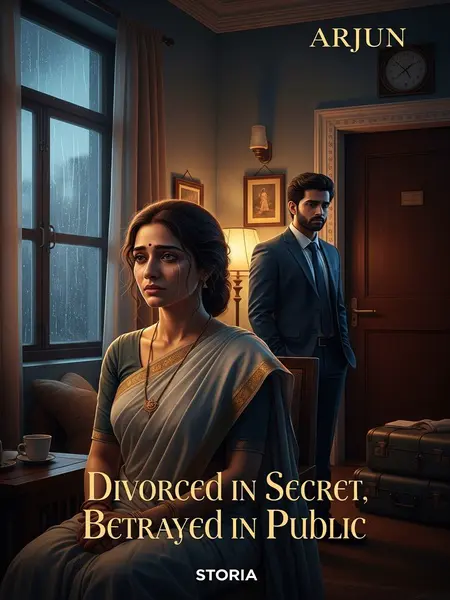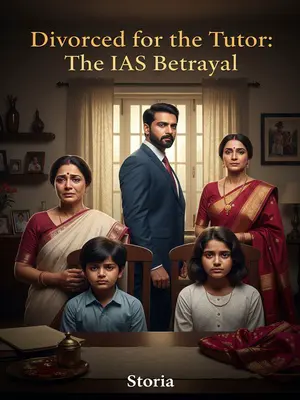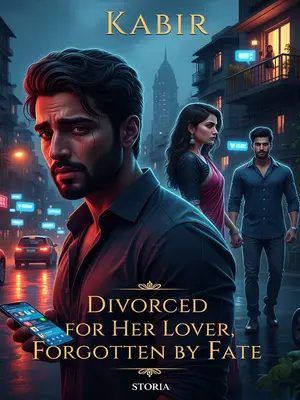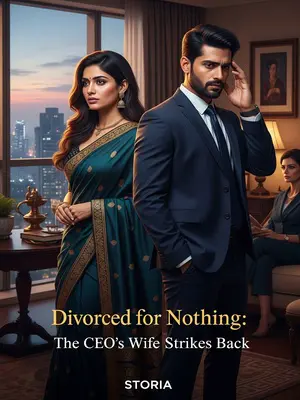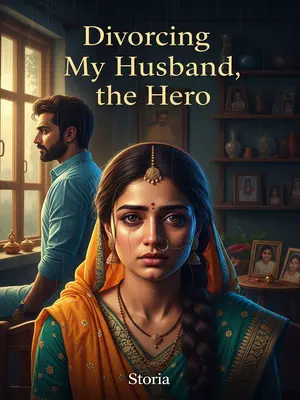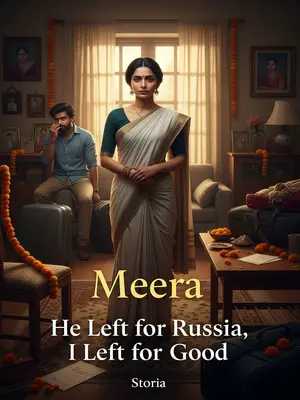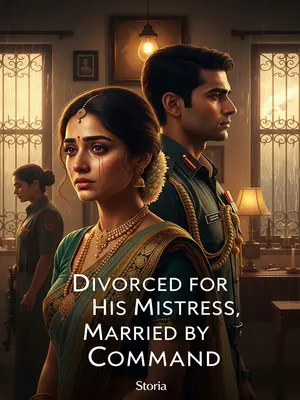Chapter 1: Shadows and Settlements
In the sixth year of my secret marriage to Arjun, we decided to quietly get divorced.
Even as those words hung between us, the weight of our hidden years pressed against my chest, thick and suffocating. Outside, the faint buzz of WhatsApp notifications from relatives drifted through the window, and the air carried the scent of sandalwood incense from a neighbour's puja. Our marriage, tucked away from nosy aunties and prying eyes, had always existed like a shadow—present, yet never truly seen. My mother’s gold bangles still jingled on my wrist, a reminder of a wedding no one attended, blessings never spoken aloud.
He didn’t want his little girlfriend to be labelled a homewrecker.
In India, where whispers spread faster than fire, a woman like Neha would never be able to walk through the market without being called names. He was worried about her, and about his own image—reputation in our society is like glass: once cracked, always visible.
He said, “I don’t want anyone to know we were ever married.”
His voice was soft, but his eyes were pleading, almost desperate. I noticed how he kept glancing at his phone—maybe waiting for a message from her, or maybe just wishing this conversation would end quickly.
I nodded, said nothing, and simply added another zero to the property settlement. As I did, a memory flashed: Arjun and I, back in our first year together, crouched on the cold floor, counting coins to see if we could afford our first meal out. How easily love had been measured then, in small change and laughter—so different from the cold calculation now.
The pen in my hand didn’t tremble. Six years of marriage, and now everything came down to a single digit. It was almost funny, the way money could fill up the empty space between us.
Arjun’s expression changed.
He recoiled, jaw clenched, as if I’d just insulted him in front of his elders. His lips parted, but no words came out at first. It’s the kind of look you see on a man who’s just realised he’s lost the last bit of control.
“Is money all you care about?”
The old Arjun would have laughed, but now his tone was bitter, sharp. In the small drawing room, the ceiling fan spun slowly, and for a moment, it seemed to echo the dull rhythm of my own heartbeat.
I let out a quiet laugh.
It wasn’t even a real laugh—just that soft exhale of breath people mistake for indifference. I looked away, adjusting my dupatta, not wanting to meet his eyes.
“After all these years together, you still know me best.”
My voice was flat, but inside I could feel the sting. In India, we don’t always say what we mean. Sometimes, you hide your hurt behind a smile and let the world think you’re made of stone.
